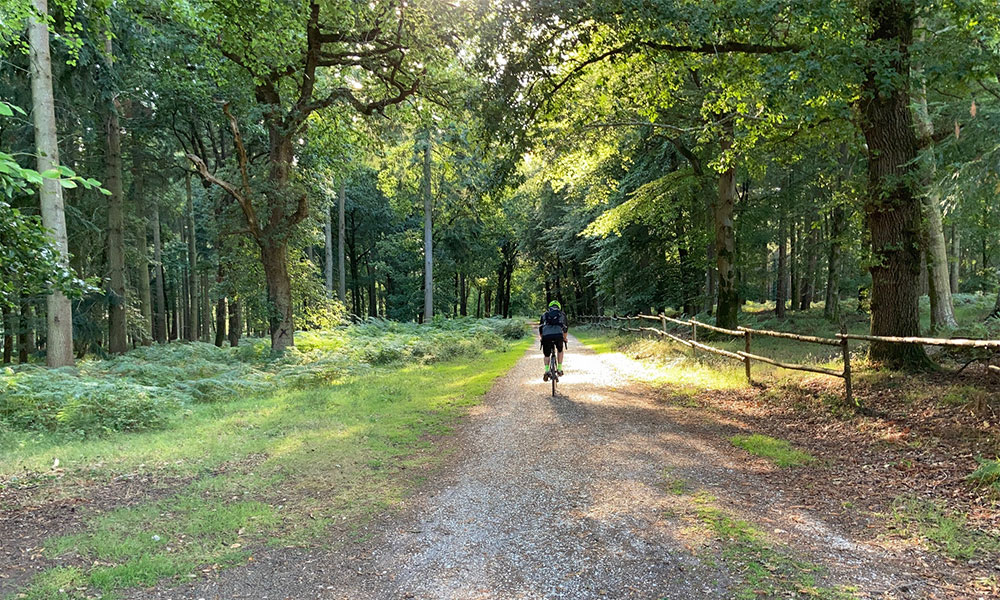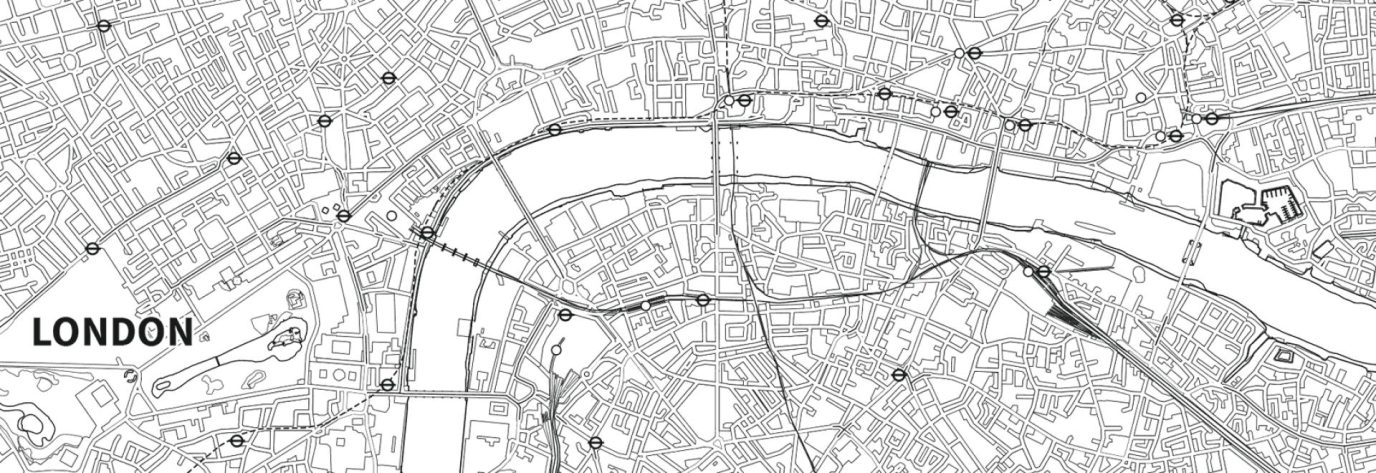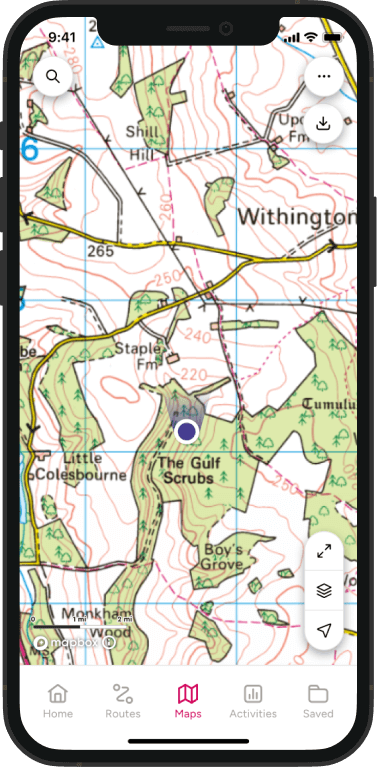All you need to know about gravel bikes
Gravel riding fuses the best parts of road cycling, mountain biking and trail riding. You can ride a gravel bike on any terrain making them perfect for exploring from your front door. This guide to gravel riding will explain what it is, where to do it and how to get started.
What is gravel riding?
Gravel riding fuses the best parts of road cycling, mountain biking and trail riding. You can ride a gravel bike pretty much anywhere; road, gravel, dirt, mud, canal towpaths, disused railway lines, woodlands. It’s incredible how adaptable these bikes are. However, you can still ride gravel on a hybrid bike or mountain bike with a pair of gravel tyres which can be easily fitted.
Gravel riding offers a sense of freedom knowing you can go anywhere without being restrained to just the road. What’s more, they are far speedier than a mountain bike on tarmac so you can ride both road and trail with ease.
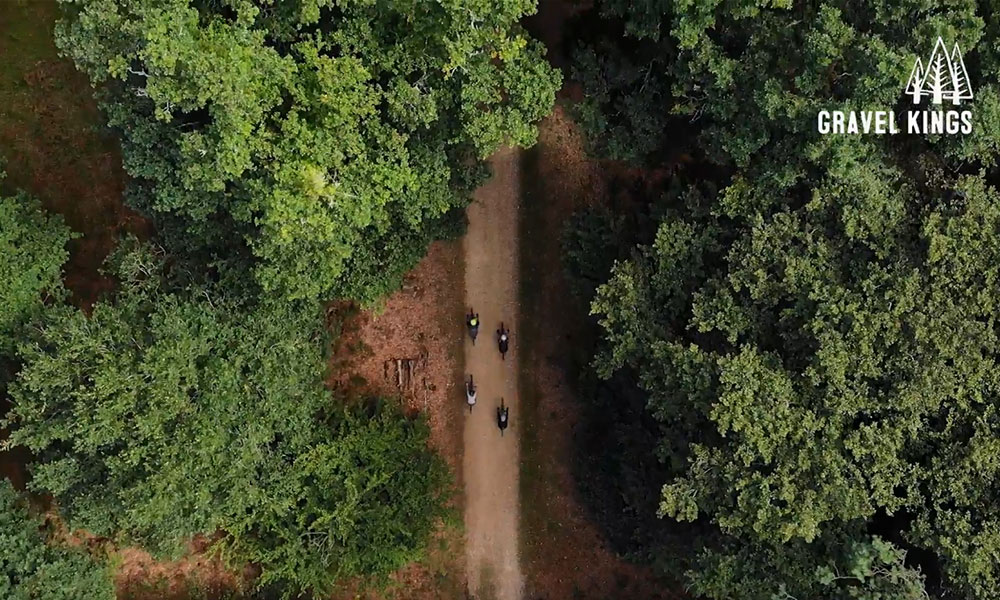
What is gravel riding so popular?
Gravel riding is gaining popularity as people are discovering trails local to them that they never knew existed. Exploring and linking these sections together on a gravel ride is a fun combination of road and off road. You can pretty much just follow your nose and follow trails as they come up! There’s a rise in people commuting on gravel bikes during the week and jumping through a section of woodlands on the way to work…….I can’t think of a better start to the day!
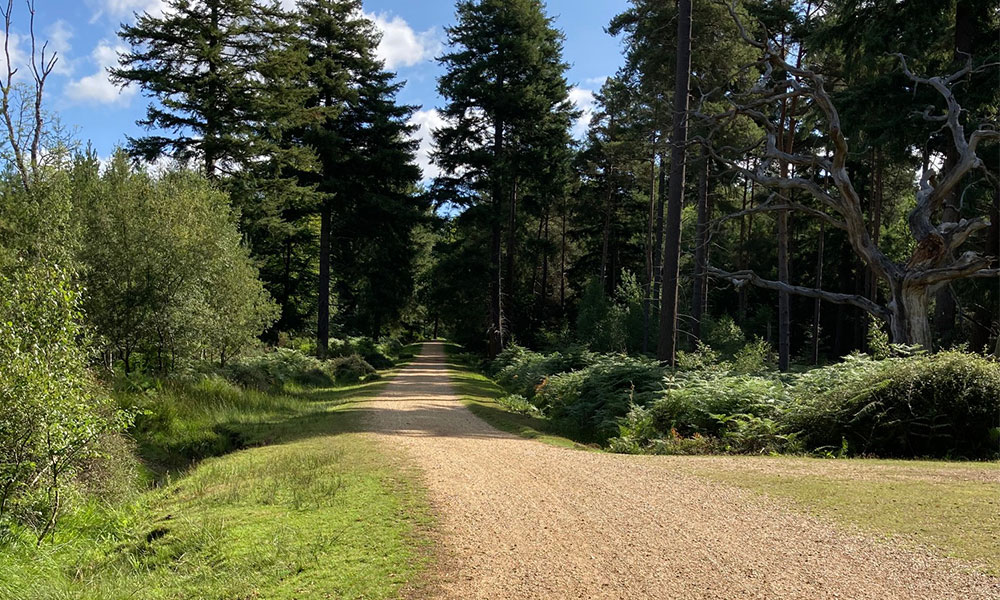
Where can you go gravel riding?
You can take a gravel bike almost anywhere! There are some areas that are seen as gravel ‘go to’ spots but you’ll be surprised at how many trails there are local to where you live. In Birmingham, for example, you can hop onto the canal network and before you know it you’re onto gravel tracks and bridleways galore. From Central London you can jump on the train to Surrey where you have some incredible gravel trails around the North Downs area.
The popular King Alfred’s Way is a circular route you can hop onto from many train stations like Winchester, Reading and Farnham. Many riders do this in a multi-day loop but there’s nothing stopping you from tackling smaller sections when it suits you.
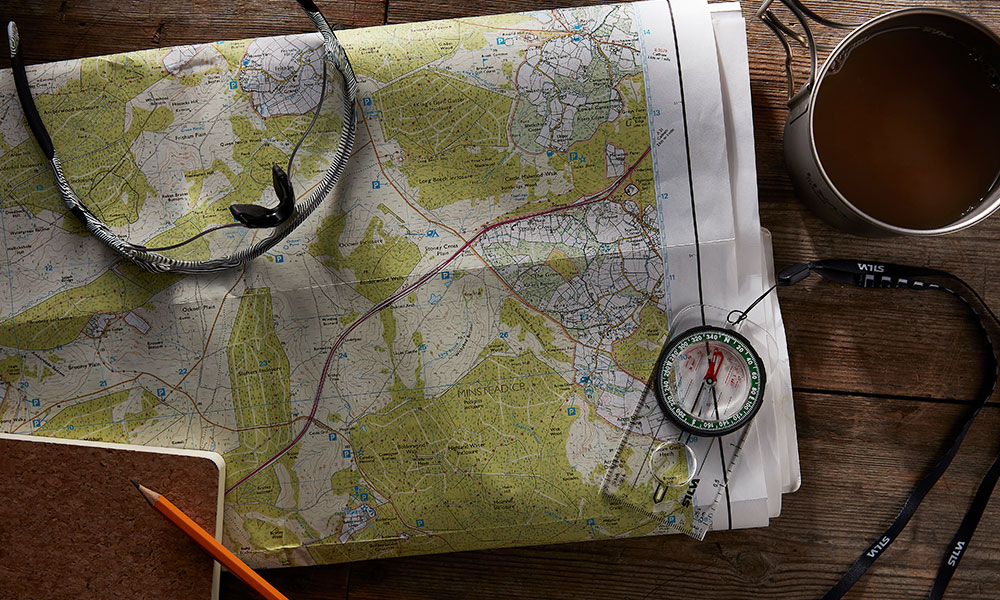
There are plenty of gravel ‘sportive’ style events happening across Britain (and even the world!). These are a great way to try out gravel riding and meet like-minded people. The courses will be sign posted so you won’t need to navigate and you will see the best trails in the area.
If you would like to travel further by bike then there are plenty of long-distance cycling routes all over the world. The terms cycle touring and bikepacking are used for multi-day cycle adventures and gravel bikes lets you do both, with a bikepacking set-up usually preferred.
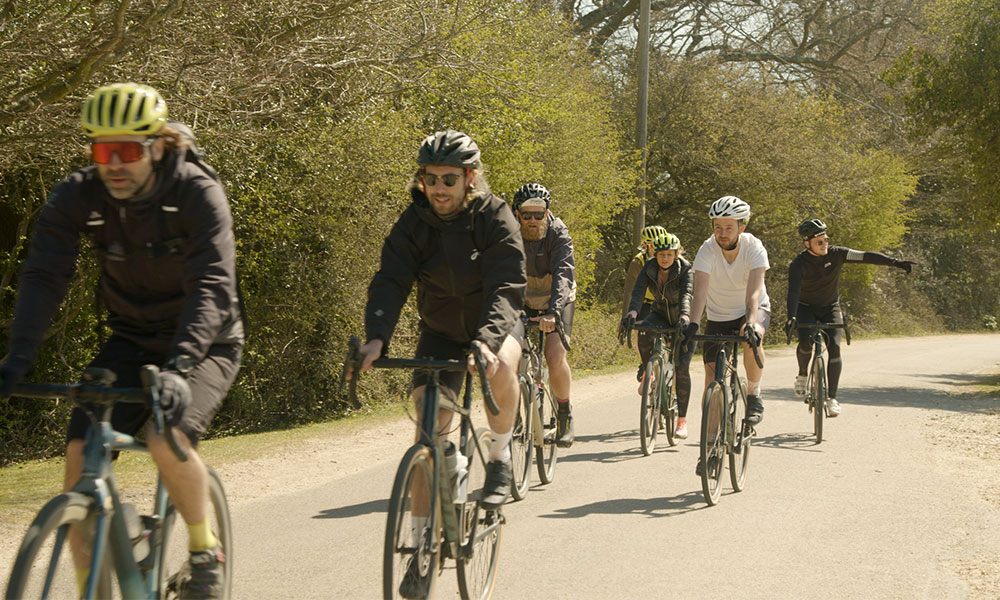
What do you need?
Bike
As a rule of thumb most modern ‘gravel specific’ bikes will have disc brakes, wider (and flared) handlebars, tubeless tyres with gravel style tread (file, intermediate or mud). Some may also have drop down bars like a road bike but they will have a slightly more relaxed feel. There’s a huge range of gravel bikes available on the market from as low as £500 right up to £12,000 plus.
Within the range of gravel bikes, some are more suited to bikepacking and multi-day trips and some more suited to fast single-day trips, your local bike shop will be able to advise the best style of bike for you.
On the flip side, there’s a trend for converting older (1990s) mountain bikes in to gravel bikes by adding drop bars and swapping the wheels for 700c from 26”. Hybrid bikes are also a good entry point if you have one already. A gravel tyre will help things along or even a mountain bike with a gravel tyre would work too.
Whatever bike you choose (or can afford) the important thing is to get out and explore on a bike!
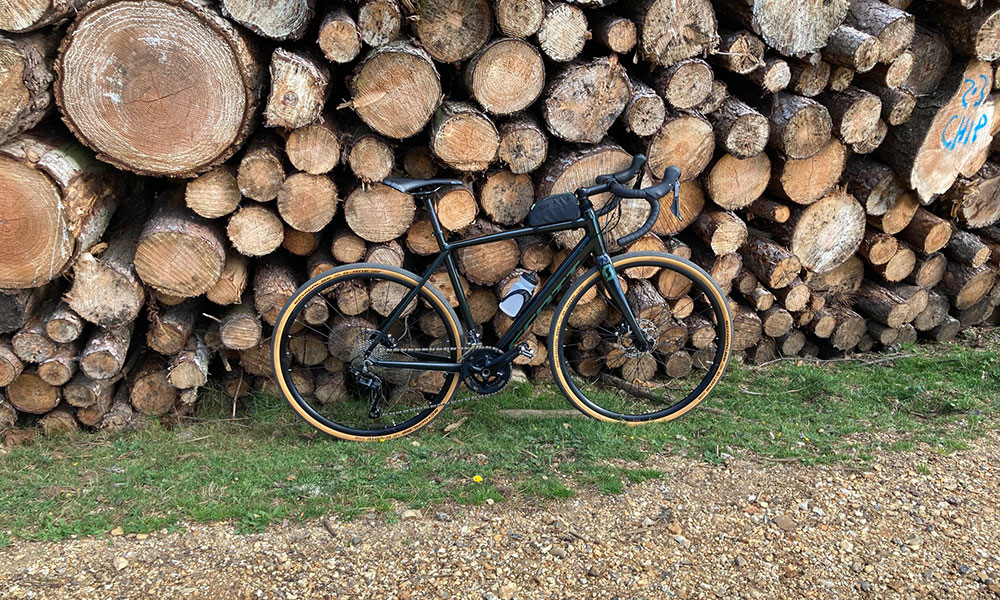
What to wear gravel riding?
Gravel clothing is evolving in different directions. Some riders are wearing denim and checked shirts whilst some are wearing full team-style road lycra. In between the two sits ‘gravel specific’ clothing which is performance based, but a looser cut than road gear and not always made from lycra. At the moment, clothing seems to be whatever works for you but like with most sports, breathable technical gear will often be more comfortable on longer rides. If you don’t want to invest in cycling-specific clothing then most sports clothing will do the trick.
However you dress on a gravel bike there are some items that are a given – and the same goes for most styles of cycling. A helmet is strongly recommended along with protective eyewear (the gravel has a nasty habit of flicking up when you’re group riding) and gloves in case you wash out on a corner! It’s also a good idea to take a puncture repair kits and bike tools just as you would on any bike.
Can anyone do it?
Many road cyclists are starting to turn towards gravel riding as they are enjoying the peace and quiet of off-road trails. You don’t need to be especially fit to ride on gravel trails as it’s about the exploration rather than the pace, so if you have not ridden a bike in a while it’s a good place to start.
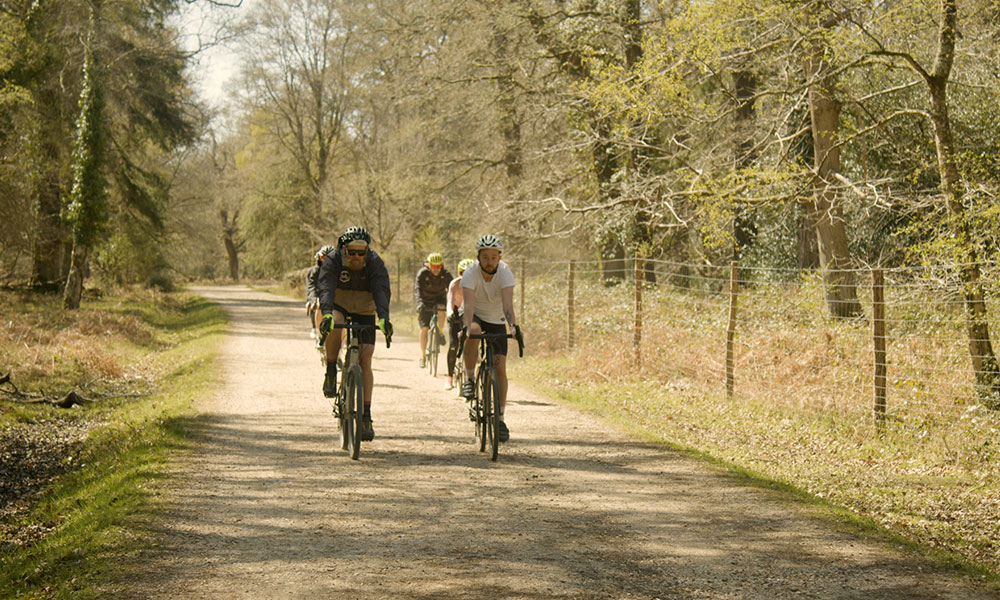
How to try gravel riding
There are some excellent bike rental businesses throughout Britain and as time goes on the standards of the bikes get better and better. Most good rental shops now have a selection of gravel bikes you can hire from £40/£50 upwards for a full day. Many of these will have suggested routes for you to follow too. If you already have a bike then you can use OS Maps to find popular routes or plot your own and follow it with your GPS cycle computer or directly from your phone.
At Gravel Kings we offer a nice combination of guided rides with rental bikes (or you can bring your own) in The New Forest which we think is one of the best areas in the UK for ‘pure’ gravel riding.
